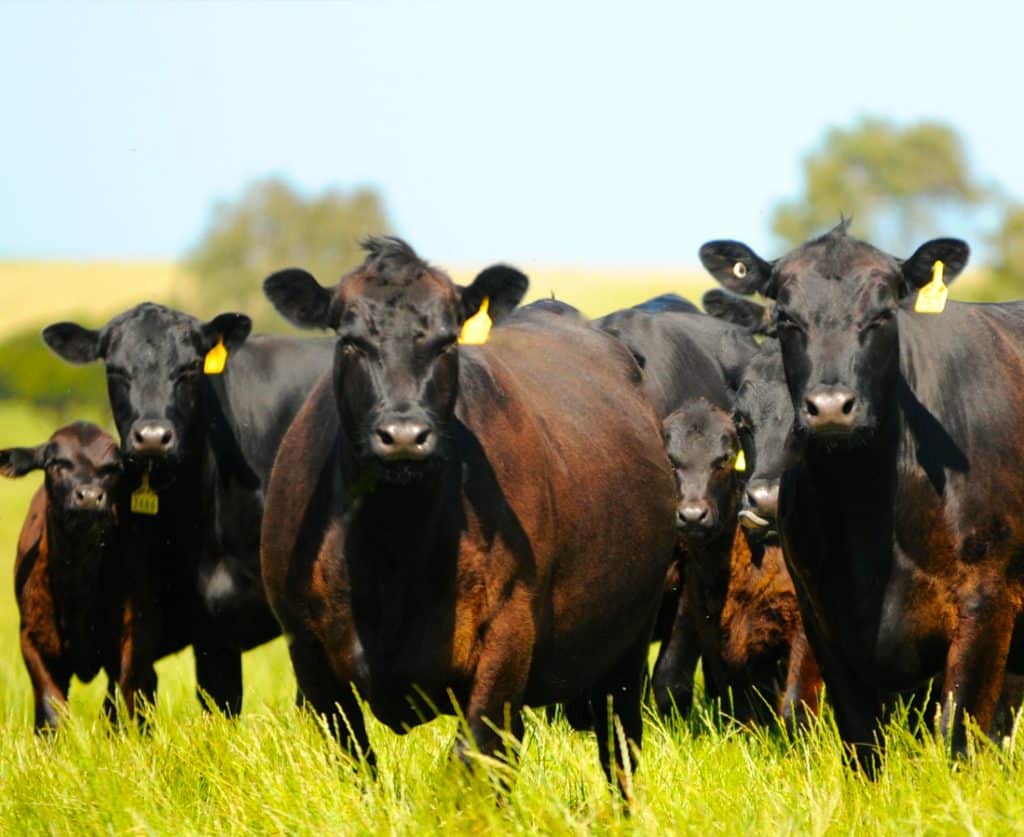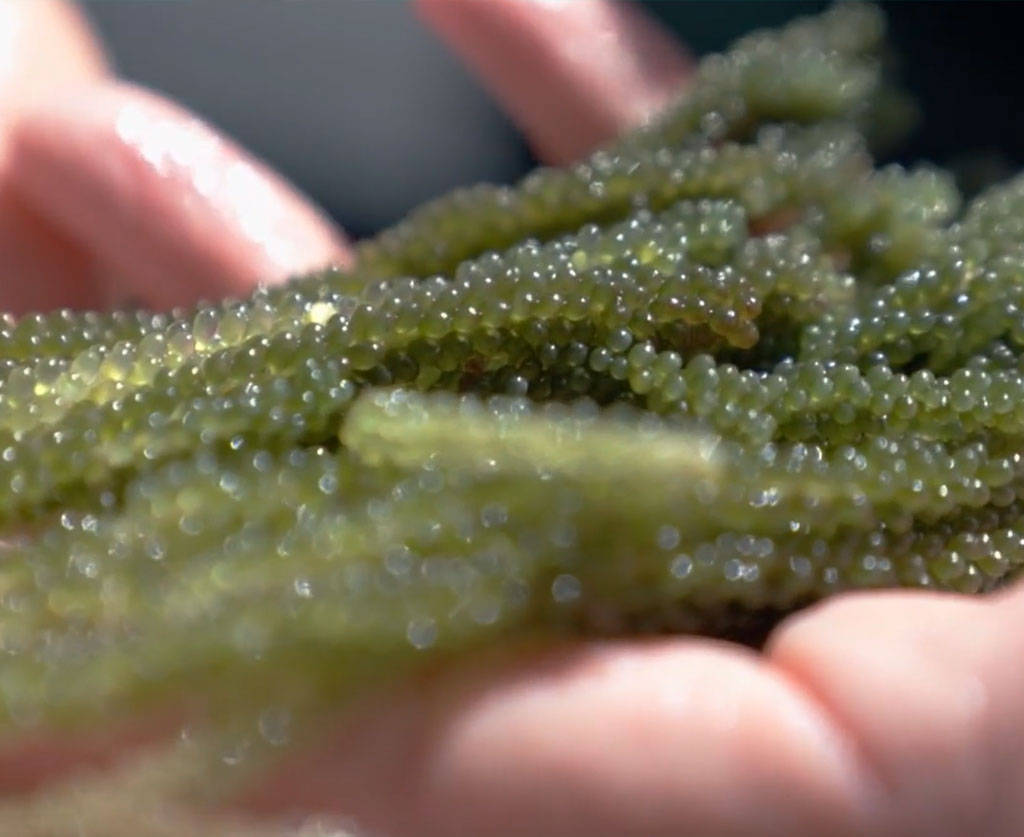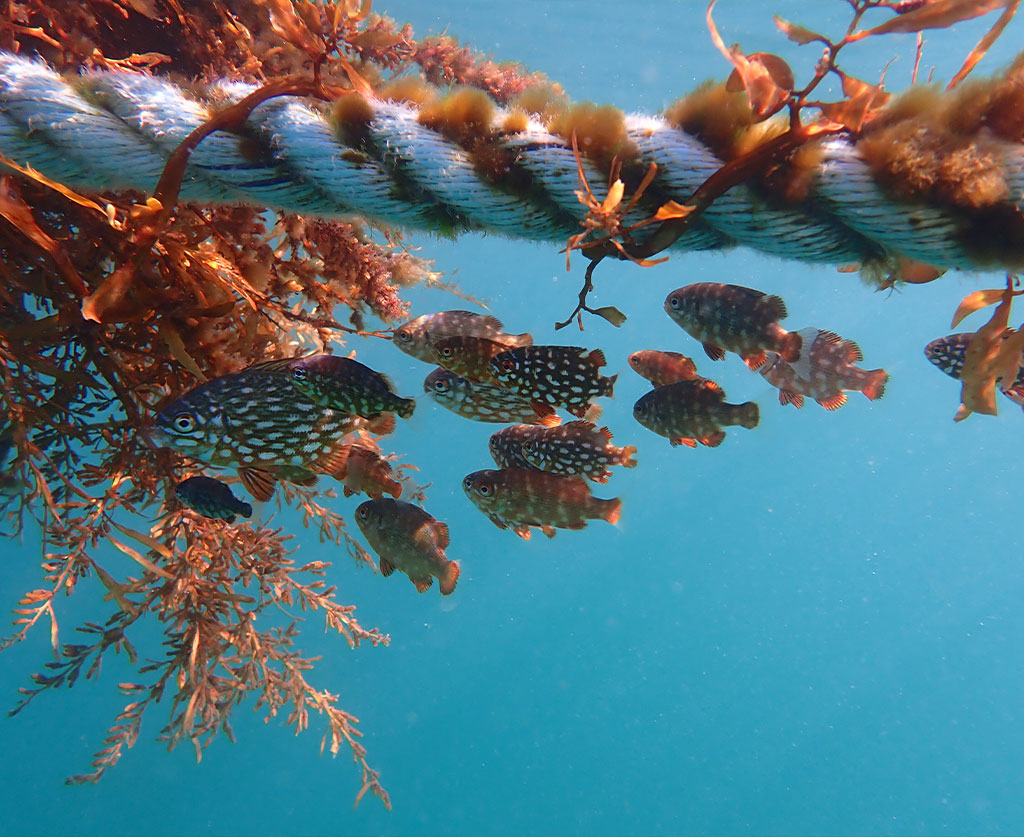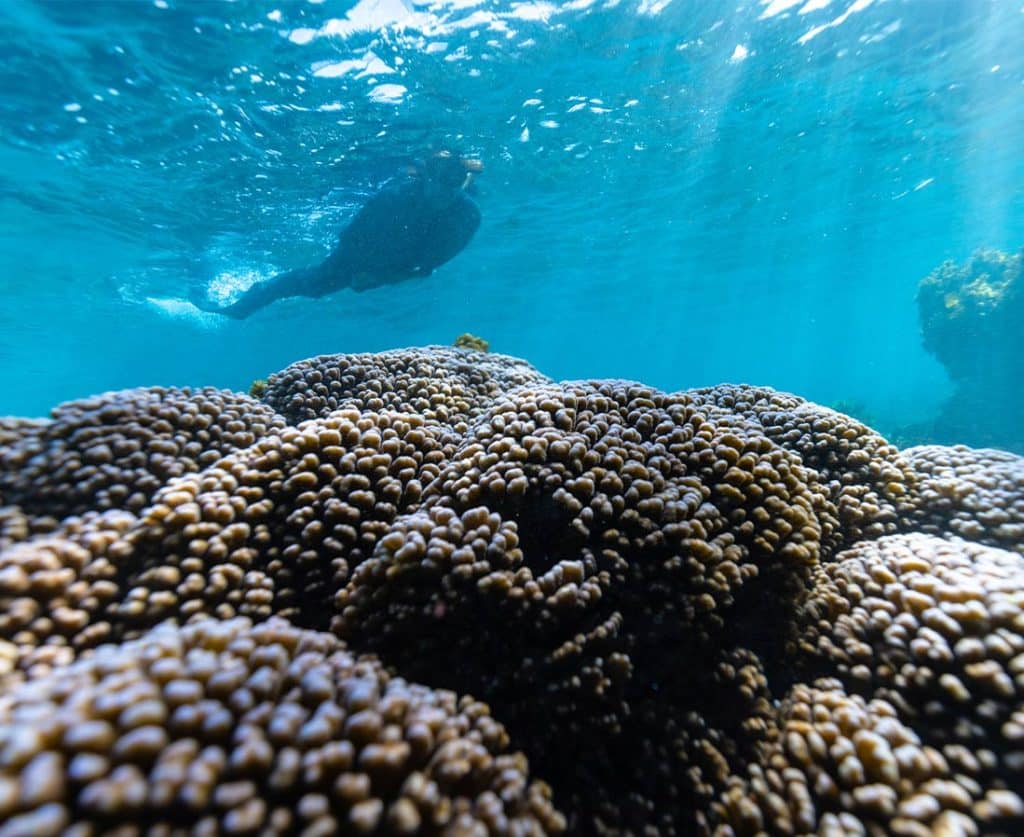THE PROBLEM
It’s no secret that global temperatures are rising and the ocean is changing with every degree.

Livestock methane emissions
As the human population increases and the demand for resources grows, cattle are being raised at increasingly higher rates. By weight, a cow produces 250L to 500L of methane per day. Factoring in the numbers at this scale, it’s really no surprise that livestock emits 10% of Australia’s greenhouse gas emissions.
Food security
Global protein demand is growing by 4% pa and traditional sources of protein such as livestock contribute 11% of national GHG emissions. There are very few fresh seaweed products available to the Australian market, so Fremantle Seaweed is providing a local sustainable alternative to the $40M of imported dried seaweed products.

Excess nutrients
Excess nutrients from industry, agriculture, finfish aquaculture, and atmospheric carbon are causing ocean dead zones stressing the delicate biodiversity of our planet.


